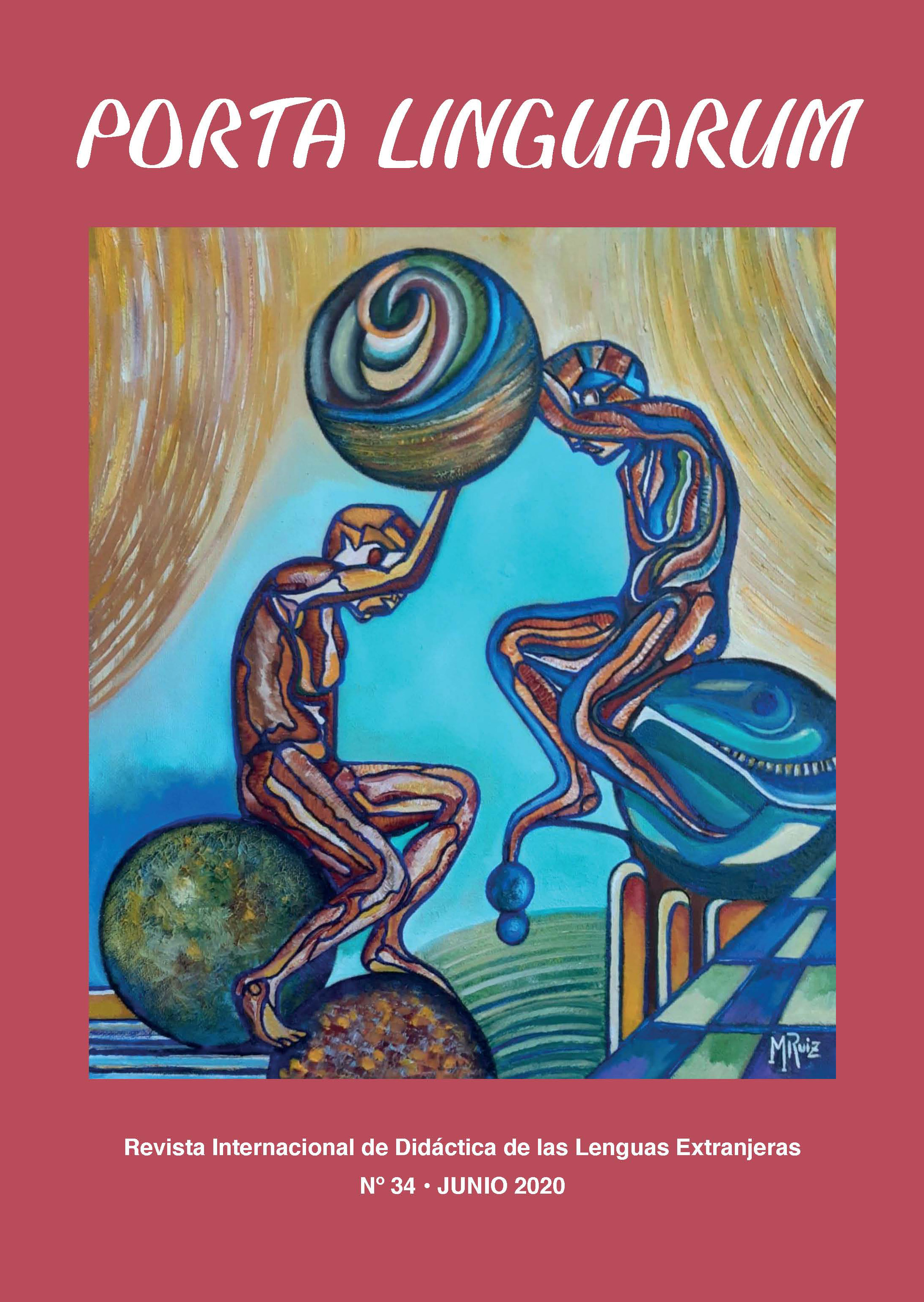Repensando la didáctica de la lengua y la literatura. Paradigmas y líneas emergentes de investigación. Campos Fernández-Fígares, M. y Quiles Cabrera, M. C. (eds.) (2019). Madrid: Visor. 442 pp.ISBN: 978-84-9895-655-9.
DOI:
https://doi.org/10.30827/portalin.vi34.18110Abstract
Reseña:
Repensando la didáctica de la lengua y la literatura. Paradigmas y líneas emergentes de
investigación. Campos Fernández-Fígares, M. y Quiles Cabrera, M. C. (eds.) (2019).
Madrid: Visor. 442 pp.ISBN: 978-84-9895-655-9.
Downloads
Download data is not yet available.
References
Campos Fernández-Fígares, M. y Quiles Cabrera, M. C. (eds.) (2019). Repensando la didáctica de la lengua y la literatura. Paradigmas y líneas emergentes de
investigación. Madrid: Visor.
investigación. Madrid: Visor.
Downloads
Published
2020-09-15
How to Cite
Palmer, Ítaca. (2020). Repensando la didáctica de la lengua y la literatura. Paradigmas y líneas emergentes de investigación. Campos Fernández-Fígares, M. y Quiles Cabrera, M. C. (eds.) (2019). Madrid: Visor. 442 pp.ISBN: 978-84-9895-655-9. Porta Linguarum An International Journal of Foreign Language Teaching and Learning, (34), 225–226. https://doi.org/10.30827/portalin.vi34.18110
Issue
Section
Book Review



















